Being able to find a wholesale distributors and suppliers can make all the difference for any business, whether it's a new venture or the expansion of an established brand.
The right partners will streamline operations, maintain product quality, and ensure steady growth. But how do you find a wholesale supplier that really fits your business?
Throughout this guide, we will walk through the process step by step so that you confidently enter the marketplace, capture the best possible deals, and construct robust, ongoing partnerships that will support your goals.
What is a Wholesale Supplier and Distributor?
Before laying a solid foundation for finding the best partners, it's essential to understand what wholesale suppliers and distributors actually do. Knowing all the details will give you a wider selection of potential partners and help you find a distributors for many years of work. Let's dive in and see how these distinctions can help you develop your strategy for product sourcing.
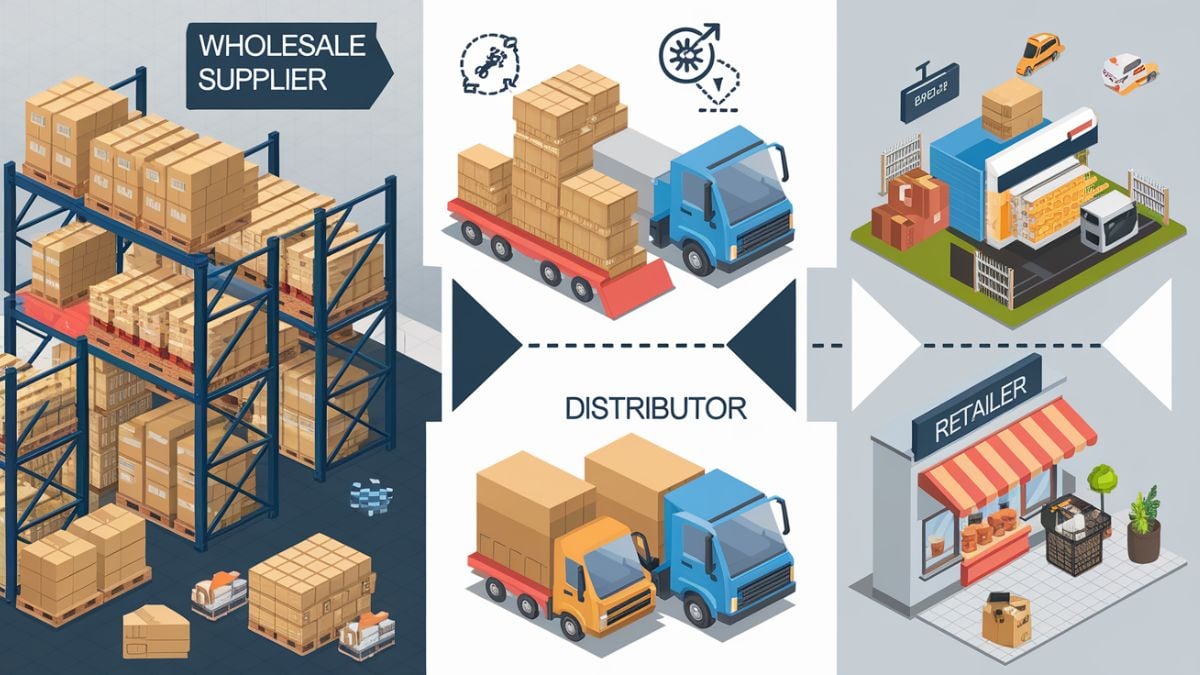

Understanding the Role of Wholesale Suppliers in the Supply Chain
The wholesale suppliers act just like the middlemen in the chain of supply. They buy large quantities of products directly from manufacturers at a cheaper rate.
They also undertake the logistics, storing the products in warehouses and then transporting them to various retailers.
They can reduce the per-unit cost by buying in bulk, which is fantastic news for the retailers and. The retailer gets to purchase smaller quantities from the wholesaler at a lower price, as opposed to when they go straight to the manufacturer.
Wholesalers are, in general, linked to a large number of retailers they deal with; hence, manufacturers are able to get exposed to an expanding customer base without the headache of maintaining a large base of individual retail accounts.
Differences Between Wholesale Distributors and Manufacturers
Let's take a look at the differences between distributors, suppliers and manufacturers.
Key Differences:
- Product Ownership
The manufacturer is involved in the production process from designing to manufacturing the product.
Wholesale distributor: They do not participate in producing or manufacturing goods or products.
- Inventory
Manufacturing usually keeps huge inventories of their products.
Wholesale distributors also have considerable inventories, but they do not focus on the manufacturing of products.
- Customer Base
In a manufactured product, it is usually sold directly to wholesalers, retailers, and other businesses.
In the case of a wholesale distributor, the sales are mainly to retailers.
- Responsibility
Manufacturers are responsible for product quality, innovation, and ensuring the manufacturing process meets standards.
Wholesale distributors focus on marketing, logistics, and ensuring products reach retailers efficiently.
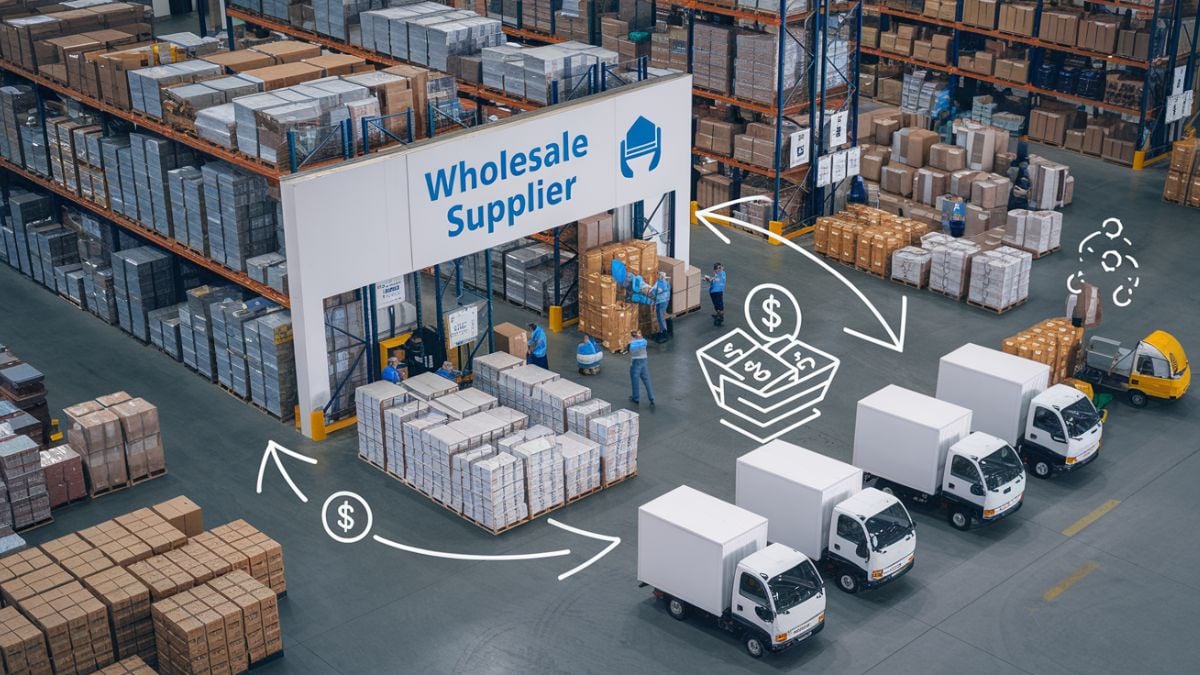

Types of Wholesale Suppliers: Local vs. International
There are some differences and similarities between local and international wholesale suppliers.
Local Wholesale Suppliers
Local wholesale suppliers have various benefits associated with short lead times, inexpensive shipping, and ease of communication. On the downside, with local suppliers, there is a limitation in the type of products they have, often at a higher price, and they usually offer less customization.
International wholesalers
International wholesalers can offer more products, possibly better prices, and international trends. Of course, these come with a higher risk of longer lead times, shipping costs, language barriers, and customs delays.
How to Choose the Right Supplier
Product availability, budget, lead times, quality requirements, and risk tolerance are some of the considerations over which a decision on whether to source from local or international suppliers is made.
How To Deal with a Wholesale Supplier
To find the best wholesale suppliers can be a good tactical move for your business, but effective communication and negotiation skills should be applied in this case. By following these tips, you can build a more solid relationship with your suppliers.
Negotiating Terms and Conditions with Wholesale Suppliers
The negotiation with wholesale suppliers is the development of terms that will work for both parties. Pay attention to such big factors: pricing, payment terms, and quantities ordered. Clearly state your needs while being open to compromise for a mutually agreeable outcome. Not to mention non-monetary factors such as delivery schedules and quality guarantees
Establishing Long-Term Relationships with Suppliers
Business stability requires a long-term partnership with your suppliers. Consistency and trust will be the keys to favorable terms, adjusting for your needs, and moving orders to the front of the line. Regular communication and transparency will go a long way in building that trust. Long-term partnerships typically lead to smoother operations, better pricing, and more flexible solutions.
Ensuring Reliable Supply Chains and Timely Deliveries
A strong supply chain will ensure that your business runs as it should and that customers' requirements are satisfied in all aspects, be it quality or quantity. Let your supplier know your expectations on delivery issues, lead times, and quality of products. Occasionally assess your supplier's performance and have discussions on any issues quickly for prompt solutions to avoid delays or disruption in the supply system. Plan alternatives, such as finding secondary suppliers, to lower risks.


How To Choose the Right Wholesale Supplier
The supplier you choose will largely affect your product quality and pricing, thus eventually your business operation. Let’s discuss some key factors to consider when trying to find a correct supplier for your business.
Evaluating Supplier Reputation and Reliability
The reputation and reliability of a supplier show the stability of your supply chain. Review industry feedback, learn reviews, and even ask for references on their track record before investing in a supplier. A reliable supplier will deliver goods on time, meet the required standards, and maintain proper communication. Delays, poor product quality, or bad customer service may stand in the way of smooth future business operations.
Analyzing Product Quality and Consistency
Product quality directly reflects upon your brand and consumer satisfaction. For this reason, it is one of the most important considerations in the selection of a wholesale supplier. Request samples and inspect the materials, workmanship, and overall durability of its products. Consistency is crucial—ensure that what you receive matches what was agreed upon every time.
Comparing Pricing Structures and Payment Terms
Although pricing is a major determinant of profitability, the full detailed structure, with any hidden costs of shipping, taxes, or other fees, needs to be taken into consideration. Additionally, check the supplier company for any kind of payment terms it may offer. Some provide bulk discounts or a time window in which the payment must be made.Competitive pricing, along with favorable terms, can significantly boost cash flow and profitability. Therefore, it’s essential to carefully compare offers, considering any hidden costs and payment terms, to make the best supplier choice.
What are the Sales Benefits of Using Wholesale Suppliers?
Besides focusing on the products, if you find a correct distributors this will transform the way you operate and sell.
In this section, we look into the benefits of dealing with wholesale suppliers and how such relations have the potential to enhance your selling capability, thus equipping your business with what it takes to thrive in a competitive market.
Cost Advantages and Profit Margins with Wholesale Suppliers
Wholesale suppliers allow businesses to achieve great cost benefits hence raising their profit margins. Sometimes, since direct relationships with manufacturers are established further eliminating the need for some middlemen, pricing and terms become more effective.
Calculating profit margins is essential for any business. Gross profit margins show the difference between sales revenue and the cost of goods sold, reflecting production and pricing efficiency. Net profit margins, on the other hand, represent the bottom line profit after accounting for all expenses, providing an overall view of profitability.
For example, if a company sells an item for $100 and it costs $60 to produce, the gross profit margin is 40%. If the company also has $20 in additional expenses, the net profit is $20, resulting in a net profit margin of 20%.
Access to a Wider Range of Products for Your Business
One of the major advantages wholesale suppliers allow businesses to access is a wider range of products. Diversities enable businesses to meet various customers' demands and allow them to stay competitive in the market. Most wholesale suppliers have wide catalogs that frequently get updated with the latest products, thereby allowing businesses to offer a broader selection to their customers.
With the facility of multiple wholesale suppliers, a business can have a diversified inventory portfolio, removing the risk that it would have faced while depending on one supplier. For businesses, this model provides them with an opportunity to test new products or categories without committing to large quantities in an initial phase.
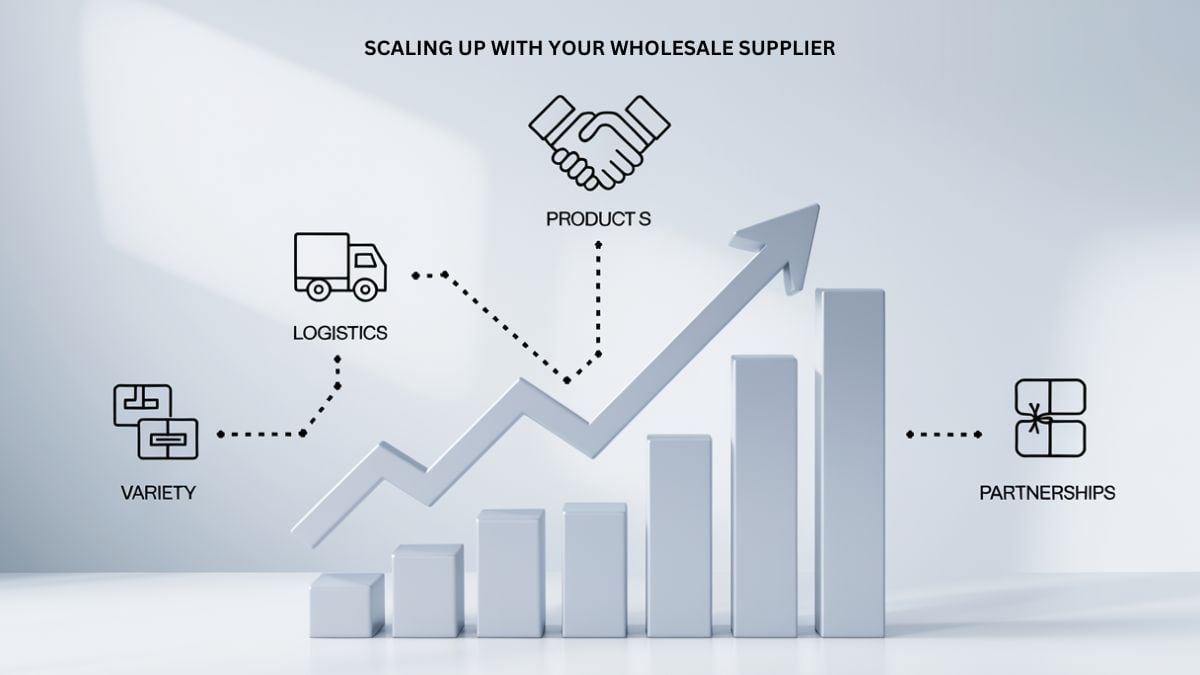

Scaling Your Business with Efficient Supply Chains
Hiring and training experts introduce fresh eyes, innovative ideas, and efficiencies to improve your supply chain management continuously. Besides, sustainable practices reduce costs and improve brand image-a factor in long-term success.
Thus, regular reviews and refinement in your supply chain processes will enable your adjustment to changed market conditions and make continuous improvement in efficiency possible. This is, in turn, an important enabler of long-term competitiveness and business growth.
How To Find the Best Wholesale Hats Supplier
By keeping everything from this blog in mind, you can find the best wholesale hat distributors and avoid regrets later. Above all, communication is key. Effective communication with a reliable wholesale partner will build long-lasting business relationships and help your business improve and expand.
Buy4Store.com : Your Wholesale Hats Supplier
Need to find a best wholesale hats supplier? Look no further than Buy4Store. We offer a wide variety of hats to suit your needs at affordable prices. Whether you're looking for baseball hats, beanie hats, cowboy hats, or fedoras, we have something for everyone.
At Buy4Store, customer satisfaction is our top priority. We ensure that we deliver high-quality products and services. All our hats are made from durable materials that guarantee longevity. Additionally, we provide fast shipping to ensure customers receive their orders as quickly as possible.
Ready to start shopping? Check out our wholesale hats category today for more information or give us a call to inquire about anything.
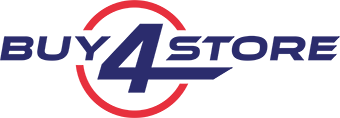
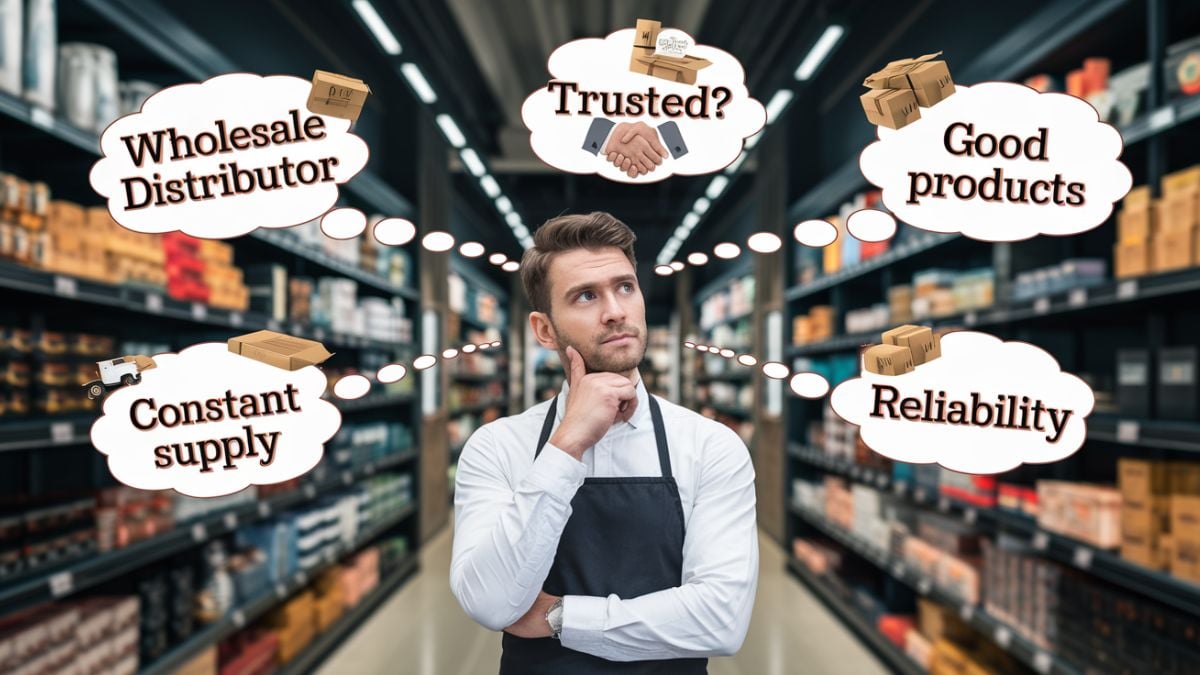


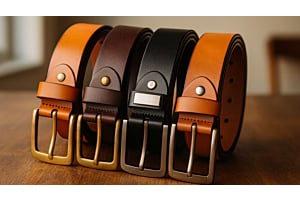

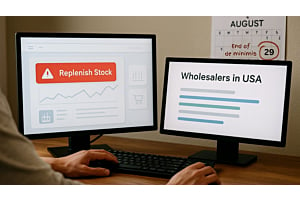
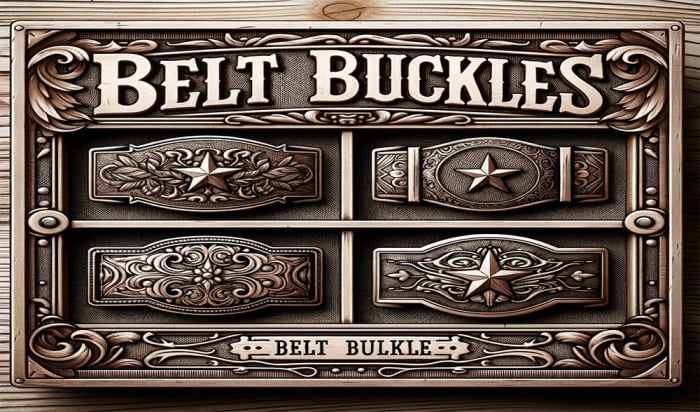


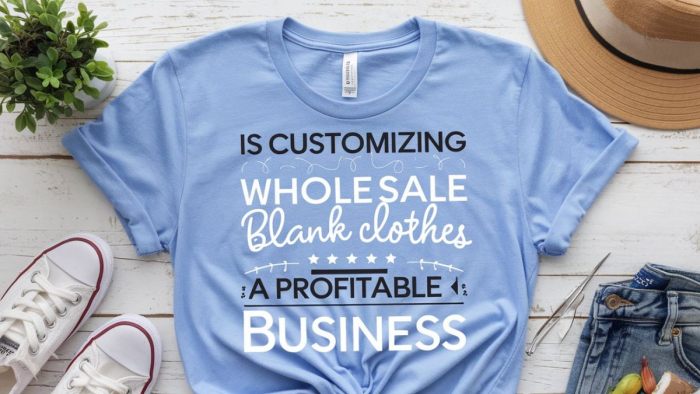

0 Comment(s)